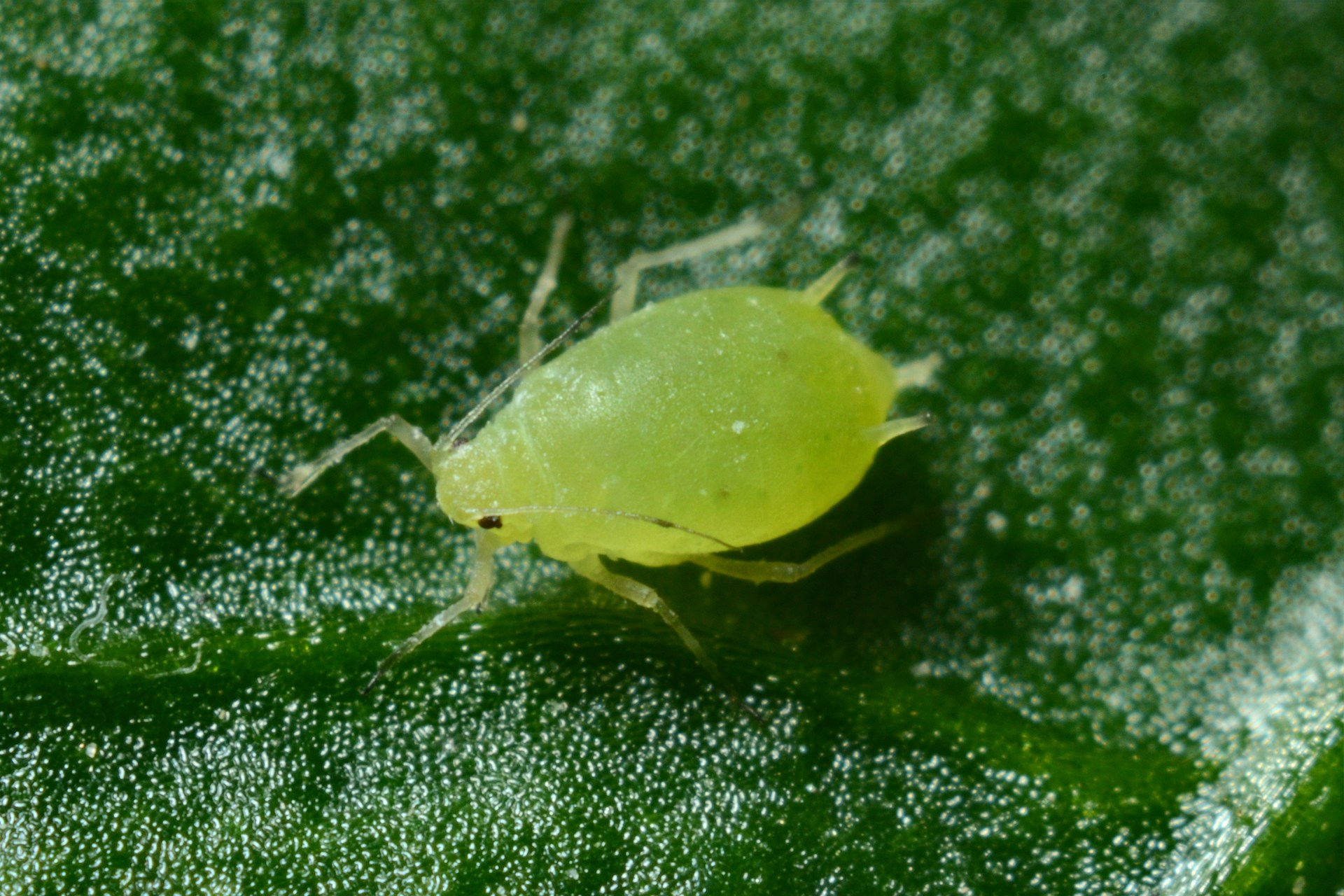Many people find satisfaction in gardening, which also enhances the beauty of our surroundings. Conversely, aphids can ruin this experience by transforming vibrant greenery into a withered exhibit. Do not be alarmed; having an pest-free garden is attainable with the correct information, perseverance, and patience. In this extensive tutorial, we’ll go over the best way to keep your garden healthy and aphid-free.
Aphids: What are they?
Aphid is little sap-sucking insects belonging to the Aphidoidea superfamily. They are common in every garden and are renowned for their high rate of reproduction and their capacity to seriously harm plants.
Different Species of Aphids
With around 5,000 species, some of the pests have symbiotic relationships and pose a significant challenge to agriculture. A few noteworthy ones to mention are listed below:
- Cabbage aphid: Favor plants are cruciferous.
- Potato aphid: Prefer nightshades, such as tomatoes and peppers.
- Melon aphid: Savor cucurbits along with pepper, eggplant, and asparagus.
- Green peach aphid: Prey on a variety of flowers and food crops.
- Woolly aphid: Primarily feed on trees, particularly those that bear apples and pears.


Signs of an infestation with aphids
- Fading leaves: When leaves start to lose color, it may indicate that the aphid is depleting vital nutrients.
- Curled or distorted leaves: Aphid injects saliva into the leaves during feeding, which causes the leaves to curl or distort.
- Stunted growth: Because the aphid keeps feeding, infested plants frequently show signs of slowed or stopped growth.
- Honeydew: Aphids release this sticky, sweet material that attracts other bugs and promotes the growth of sooty mold.
- Ant activity: Honeydew attracts ants, which may shield aphid colonies, aggravating the issue.
Strategies to win aphids
Natural predators
Aphids are an example of how nature maintains equilibrium on its own. An efficient first line of defense is introducing or encouraging natural predators like ladybugs, lacewings, and hoverflies into your garden. These helpful insects may drastically lower the number of aphids by feeding on them.
Organic Solutions
Chemical pesticides may harm beneficial insects and the ecosystem, so organic solutions are the best course of action. Horticultural oils, neem oil, and insecticidal soaps are great options for aphid management. They eliminate pests by smothering them or interfering with their life cycle without leaving harmful residue.
Cultural customs
Cultural customs are essential to managing aphids. These include choosing plant varieties resistant to aphids, appropriately spacing plants to allow enough air circulation, and routinely trimming off affected areas. Aphid attacks are less likely to damage healthy plants, so keeping the soil healthy and providing enough water and nutrients is critical.
Final Thought: Success Comes from Consistency
Turning a garden into one free of aphids involves ongoing observation, prevention, and intervention. Through comprehension of aphids, utilization of natural predators, selection of organic treatments, and application of good cultural practices, you can have a colorful, healthy garden that bears witness to your commitment and passion for gardening
Happy gardening!


Leave a Reply